Just as a social media aggregator like Juicer collects posts from multiple platforms into a single, unified feed, a search engine aggregator or search aggregator, gathers and organizes search results from a range of search engines into one streamlined view. Often referred to as metasearch engines, these tools offer a more comprehensive and balanced perspective of the web, making it easier to discover valuable content that traditional single-source searches may overlook.
Whether you’re monitoring brand mentions, tracking industry trends, or aiming to deepen your research, a search aggregator helps you access a wider range of insights quickly and efficiently. Unlike standard search tools, these platforms bypass echo chambers by delivering real-time results from multiple sources, empowering content marketers, digital teams, and researchers to make informed, data-driven decisions.

What Is the Difference Between a Search Aggregator and a Metasearch Engine?
Sometimes, the terms search engine aggregator and metasearch engine are used interchangeably, which is understandable because they are similar in many ways. In fact, a search aggregator is actually a specific type of metasearch engine that gathers results from multiple search engines simultaneously, usually using RSS search results.
According to Wikipedia, search aggregators are an increasingly popular way to take advantage of the power of multiple search engines with a flexibility not seen in traditional metasearch engines. To the end-user, a search aggregator may appear to be just a customizable search engine, and the use of RSS may be completely hidden. However, the presence of RSS is directly responsible for the existence of search aggregators and a critical component in the behind-the-scenes technology.
What Search Aggregators and Metasearch Engines Are Out There?
While many search aggregators and metasearch engines have either become bankrupt under Google’s crushing weight or were brought up by Google (or one of its many competitors), there are still plenty of uniquely wonderful search aggregators and metasearch engines out there.
23 Metasearch Engines & Search Engine Aggregators and When to Use Them
As we’ve mentioned before, a metasearch engine is a pre-programmed search engine aggregator with a specific function in mind for the search results from multiple search engines. Because these search aggregators are designed with a particular benefit in mind, they are each beneficial for different situations.

1.Dogpile – A metasearch engine aggregator
Dogpile is a metasearch engine for information online that fetches (hence the name) results from Google, Yahoo!, Yandex, Bing, and other popular search engines, including those from audio and video content providers such as Yahoo!
When to Use: When you want a large collection of results for a specific search query from all the major search engines, including Google, Yahoo!, and Bing.
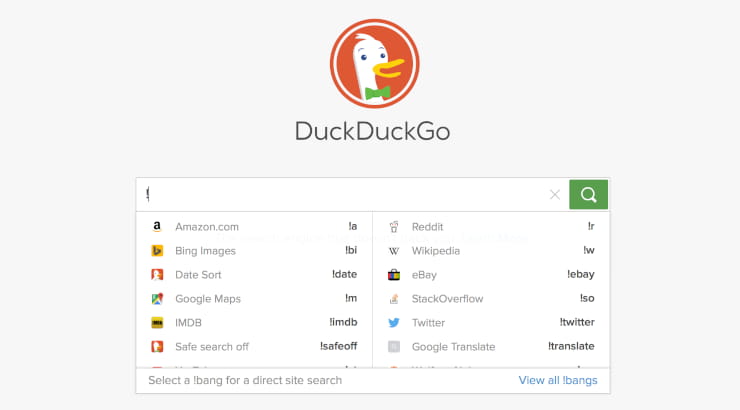
2. DuckDuckGo – An easy-to-use search engine aggregator
DuckDuckGo gets its results from many sources, including Bing, Yahoo!, WolframAlpha, and its own web crawler. They’re known for a focus on privacy.
When to Use: When you want search results from many major search engines without being tracked.

3. Carrot2
This search engine uses Carrot2’s algorithms to organize search results into thematic folders. Carrot’s search results are populated using the results provided by eTools and PubMed.
When to Use: When you want search results that are organized into topics.
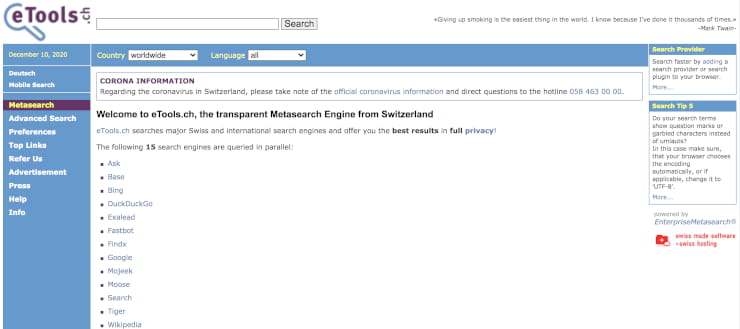
4. eTools
eTools is a Switzerland-based international metasearch engine that compiles private search results from Ask, Base, Bing, DuckDuckGo, Exalead, Fastbot, Findx, Google Mojeek, Moose, Search, Tiger, Wikipedia, Yahoo, and Yandex.
When to Use: When you want international search results from 15 different search engines in full privacy.

5. Ecosia
Ecosia uses ad revenue from your searches to plant trees where they are needed the most. It donates 80% or more of its profits from ad revenue to nonprofit organizations that focus on reforestation, considers itself a social business, is a COâ‚‚ negative business, supports full financial transparency, and protects the privacy of its users.
When to Use: When you want to plant a tree when you search online.
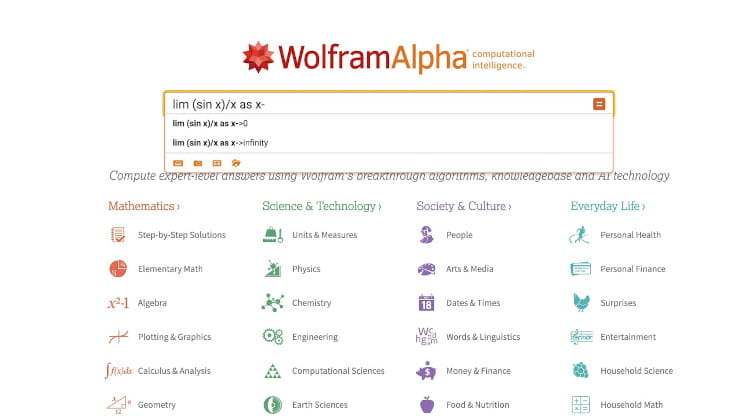
6. WolframAlpha
WolframAlpha is known as a free online computational knowledge engine that generates answers to questions in real-time by doing computations on its own vast internal knowledge base.
When to Use: When you want a search engine with the intelligence of a supercomputer to help with searches related to math, science, culture, and more.

7. Million Short
Million Short is a search engine that allows you to filter your search results to include or remove certain types of results, for example, eCommerce sites, adult content, search ads, the top 100+ search results, and even specified sites you can choose to exclude.
When to Use: When you want to filter your search results for specific types of sites or content.

8. Peekier
Peekier doesn’t save or identify their users’ IP addresses, browser user agents, unique IDs, or search history.
When to Use: When you want to use a search engine which’s main priority is privacy.

9. Yippy
Yippy was a metasearch engine that grouped search results into clusters. Yippy provided unparcelled privacy for its users and delivers fair search results based on balanced algorithms.
When to Use: Unfortunately, at the time of editing this post (21th October,2022 it’s not active anymore. You can find more about it here.)

10. Gigablast Search aggregator
Gigablast is a retro-style, open-source search engine with its own Spell Check API and web search feed available for use.
When to Use: When you want an old school search engine that isn’t part of a big-tech company.

11. BoardReader Search Engine Aggregator
With BoardReader you can gather search results from community forums exclusively and narrow your search results by date and language.
When to Use: When you want to search through community forums specifically.

12. TinEye
Using TinEye, you can search by image or perform what they call a reverse image search. You can do that by uploading an image or searching by URL. You can also simply drag and drop your images to start your search.
When to Use: When you want to search for a particular image to find out where it came from.
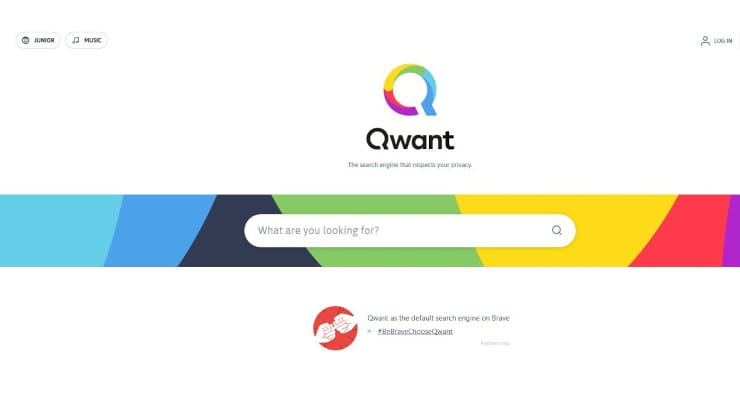
13. Quant
The Quant metasearch engine categorizes your search results into general results, news, and social search results. As an added bonus, there’s a dedicated music section that uses AI technology to help you discover new music and search for lyrics.
When to Use: When you want to use a privacy-based search engine with good taste in music.
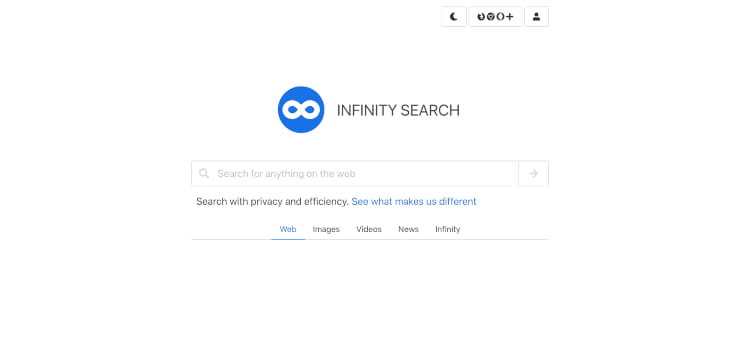
14. Infinity Search
Infinity Search also offers unique features, such as the ability to customize the search engine’s various attributes, from theme to font size and family. This metasearch engine also has its own search indexes and does not exclusively rely on external sources for its search results. They also use a different form of search monetization called Coil, which is a new way of monetizing the web that allows users to support the sites that they visit directly.
When to Use: When you want to use an open-source search engine with a special focus on privacy and efficiency.

15. SearX
SearX is an open-source metasearch engine that aims to present a free, decentralized view of the internet.
When to Use: When you want unbiased search results.

16. Oscobo
Oscobo encrypts all of its traffic, providing anonymous search results without tracking of any kind, including website cookies and IP addresses.
When to Use: When you want a simple encrypted search engine.

17. Swisscows
Swisscows uses semantic information recognition to offer intuitive answers to search queries, and data pools to generate answers quickly and efficiently. Their innovative semantic map shows other relevant or popular queries and uses color to differentiate topics and size to indicate an increased relation to the search term entered.
When to Use: When you want private search results with an interactive and informative visual component.
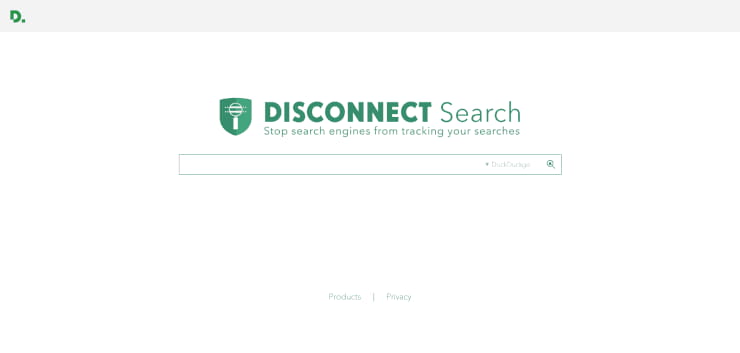
18. Disconnect Search
Disconnect Search’s platform allows you to conduct anonymous search queries on Bing, Yahoo!, and DuckDuckGo. Disconnect Search also offers browser extensions and apps that allow you to load pages faster, view advertising requests, block tracking sites, and various other privacy-based functions.
When to Use: When you want to guarantee an anonymous search on another search engine.

19. Lukol
Lukol is a simple search engine with the same powerful results offered by Google’s search engine.
When to Use: When you want a truly anonymous Google search.

20. Search Encrypt
Search Encrypt uses local encryption to ensure that users’ identifiable information cannot be tracked. This metasearch engine gets its search results from a network of different search engines offering well-rounded search results that aren’t personalized to your history.
When to Use: When you don’t want your location or past searches to influence your search results.

21. Gibiru
Gibiru’s metasearch engine platform secures all of your searches by sending them through a proxy IP address. Proxy search results are inherently private and unbiased.
When to Use: When you want to ensure the privacy of your searches by using a proxy.
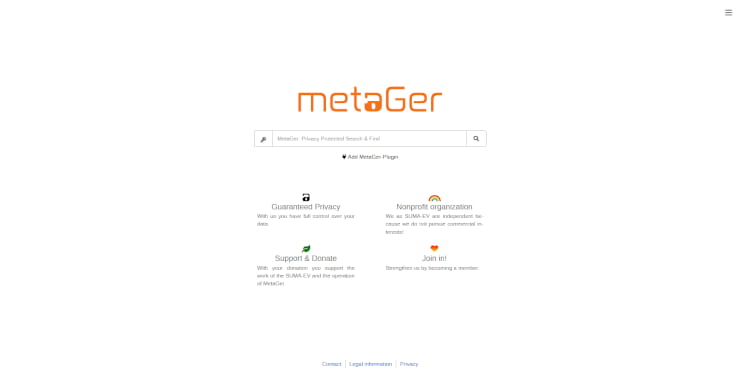
22. MetaGer
MetaGer is a metasearch engine and nonprofit organization that queries up to 50 other search engines, giving depth and variety to its search results. The results from this metasearch engine aren’t affected by the page’s clickthrough rate offering unfiltered and unbiased search results.
When to Use: When you want, make sure your searches are powered by green energy.
23. Social Media Aggregators
This may seem out of place, but believe it or not, social media is rapidly becoming one of the most popular search engines used by people today. In fact, in 2018, YouTube, Facebook, Twitter, and Pinterest made up almost 5% of the entire search market share. By using a social media aggregator targeting a specific keyword, hashtag, or phase, you can have a live update of what people are talking about pertaining to that specific subject.
When to Use: When you want to search for trends, what people are talking about, or follow a particular topic online.
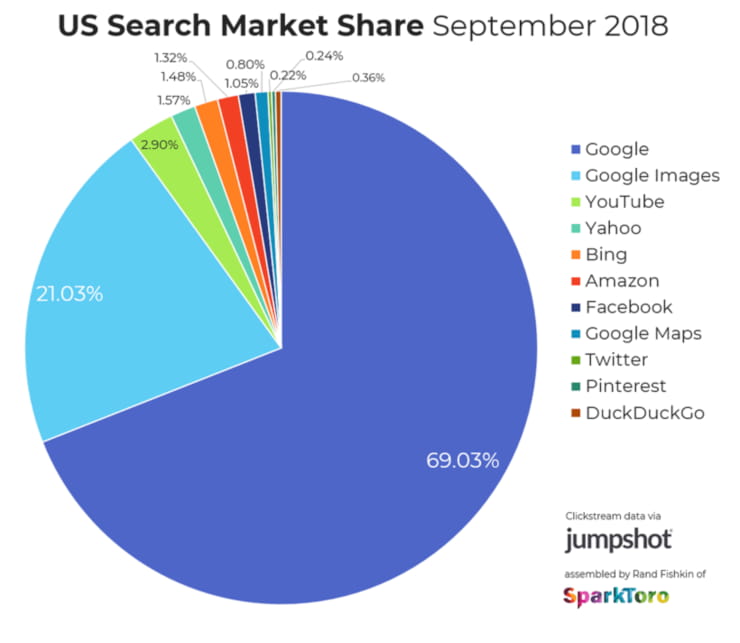
There are a number of different search aggregators that are able to differentiate themselves from the well-known big-tech search options while also offering unique and helpful added benefits. Using any one of these metasearch engines and search engine aggregators could change the way you experience your search results.




